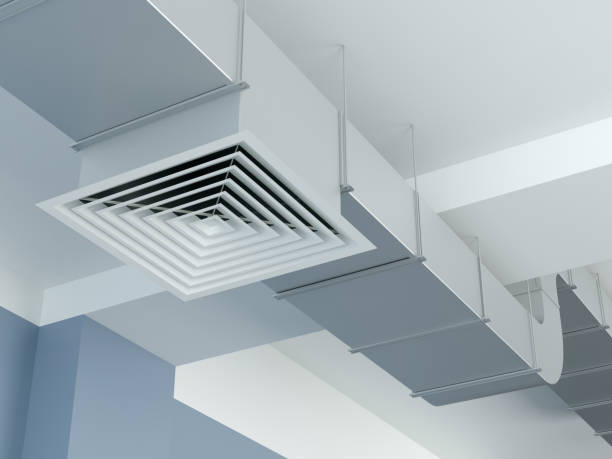Maintaining an optimal indoor climate is essential for comfort and productivity, especially with the reliance on HVAC (Heating, Ventilation, and Air Conditioning) systems. However, the efficiency of these systems heavily relies on the proper functioning of their outdoor units. Contamination or blockage of these units can lead to a cascade of issues, affecting both comfort and energy efficiency. In this article, we’ll delve into the significance of outdoor unit maintenance, the common contaminants, and blockages, as well as preventive measures to ensure optimal performance.
The outdoor unit of an HVAC system plays a crucial role in the heat exchange process. It houses the compressor, condenser coil, and fan, facilitating the transfer of heat from indoors to outdoors. Any obstruction or contamination in this unit can disrupt airflow, decrease efficiency, and potentially damage components. One of the primary culprits behind these issues is debris accumulation, including dirt, leaves, grass clippings, and even small animals seeking refuge.
Debris accumulation on the outdoor unit’s coils inhibits heat transfer, forcing the system to work harder to maintain the desired indoor temperature. This results in increased energy consumption and higher utility bills. Moreover, restricted airflow can cause the compressor to overheat, leading to premature wear and tear or even system failure.
Another common issue is the growth of mold and mildew within the unit, particularly in humid environments. Moisture accumulation, combined with organic matter, creates an ideal breeding ground for these microorganisms. Not only does mold impede airflow, but it also poses health risks to occupants by circulating airborne contaminants indoors.
In addition to natural debris and biological growth, the outdoor unit is susceptible to blockages caused by human intervention. Improper installation or landscaping around the unit can restrict airflow and hinder access for maintenance. Moreover, placing objects on or near the unit, such as potted plants or furniture, can impede airflow and lead to overheating.
To mitigate the risks associated with contamination or blockage of outdoor HVAC units, proactive maintenance is essential. Regular inspection and cleaning of the unit, particularly before the start of each heating or cooling season, can prevent debris buildup and ensure optimal performance. Here are some maintenance tips to consider:
Clear Surrounding Area: Trim vegetation and remove any debris, such as leaves or grass clippings, from around the outdoor unit to maintain adequate airflow. Ensure there is at least two feet of clearance on all sides for proper ventilation.
Clean Coils and Fins: Use a soft brush or vacuum with a brush attachment to gently remove dirt and debris from the condenser coils and fins. Be careful not to bend the fins, as this can restrict airflow.
Inspect Drainage: Check for any blockages in the drainage channels and remove any debris to prevent water accumulation. Clogged drains can lead to moisture buildup and mold growth.
Replace Air Filters: A clogged or dirty air filter restricts airflow and reduces system efficiency. Replace disposable filters regularly, typically every one to three months, or clean reusable filters according to the manufacturer’s instructions.
Schedule Professional Maintenance: Consider scheduling annual maintenance with a qualified HVAC technician to ensure the system is operating efficiently and to address any potential issues before they escalate.
In addition to regular maintenance, investing in a protective cover or shelter for the outdoor unit can provide an extra layer of defense against debris and inclement weather. However, it’s essential to choose a cover specifically designed for HVAC units to avoid restricting airflow or trapping moisture.
In conclusion, contamination or blockage of the outdoor unit can have significant implications for the performance and longevity of an HVAC system. By implementing proactive maintenance practices and taking preventive measures, homeowners can safeguard their investment and ensure optimal indoor comfort and energy efficiency. Remember, a well-maintained outdoor unit is the key to a smoothly functioning HVAC system and a comfortable indoor environment year-round.
Don’t delay your air conditioner repair. Do not forget that repairing is much easier and cheaper immediately after a breakdown occurs. If your air conditioner is working, but making strange noises or not cooling the room enough, it means it’s time to contact the technicians.
Don’t wait until the air conditioner is completely out of order. In the case of untimely repairs, there is a very high possibility that a long complex repair will be required. Even a few days without air conditioning in the summer heat in San Diego County, CA will bring great discomfort to the whole family. But by calling the masters from SDAC Heating & Air Conditioning you can avoid this problem.
Contact us
